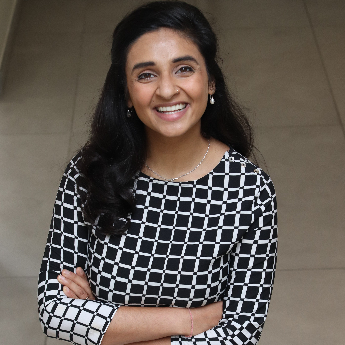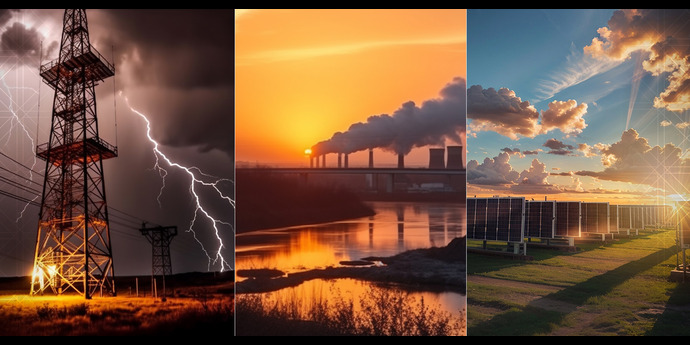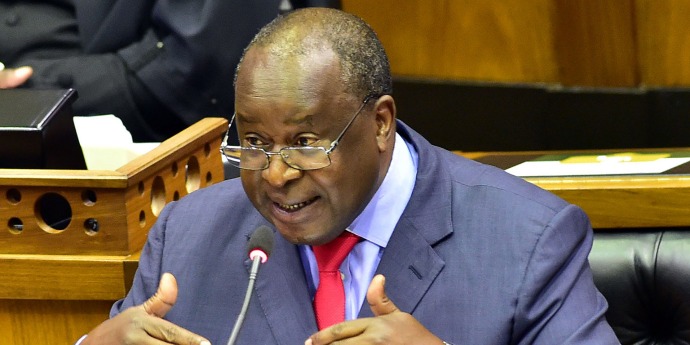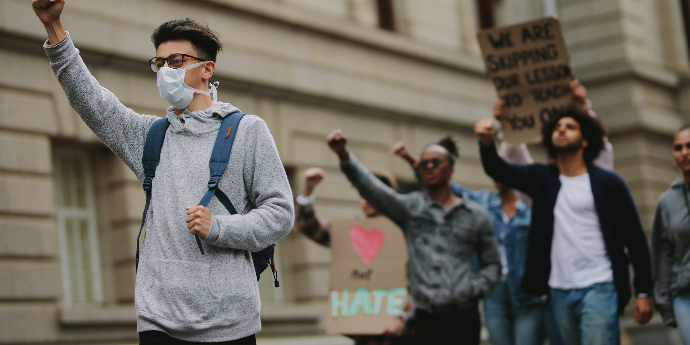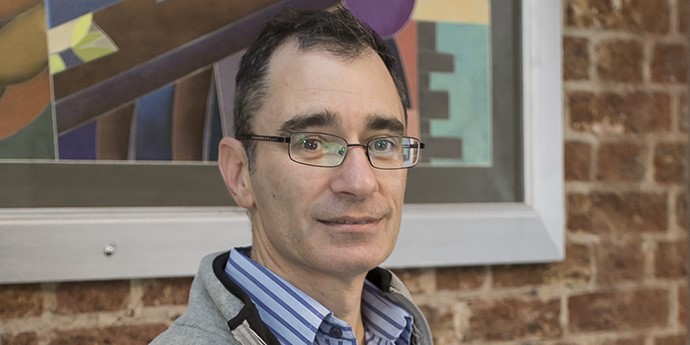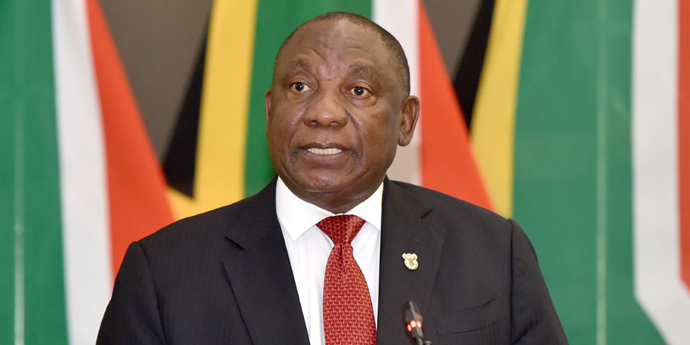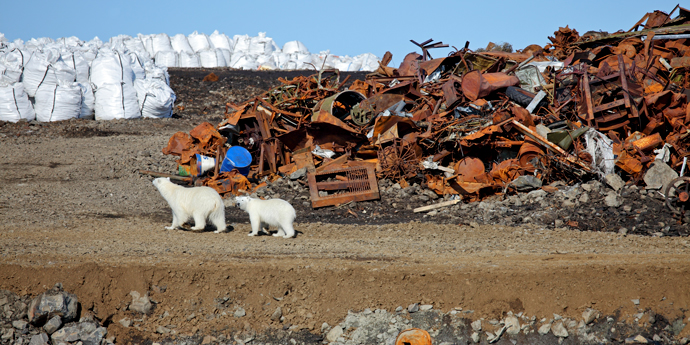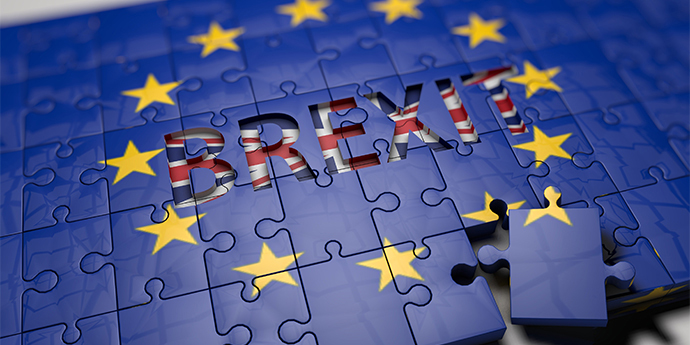There’s a lot to be said for diversity in a classroom, even when things get uncomfortable. Creating a safe space for talking about difficult topics is an important way to foster unity in a divided world.
How do I put this? I didn’t really know that I was an Indian until I got to South Africa.
Now don’t get me wrong. I do not consider myself to be someone who ‘does not see colour’. To my mind, that is a wilful indifference to the trauma of many people, and of their stories and histories. I pride myself on being alert to, cognizant of and well-informed of racial and identity struggles around the world.
As a brown female first-year student at the largely white and conservative Texas A&M University in 2008, when Barack Obama — often referred to by the n-word by some students — was vying to become the first African-American president of the US, I couldn’t help but be aware that I was not white. As part of a paper I wrote on the marginalization of non-Christian women on the campus, I had also conducted some revealing interviews with Hindu, Jewish and Muslim female students, and on more than three occasions, was handed a Bible by strangers. So I was certainly aware that, especially in environments that were largely white, I was different.
But as the daughter of diplomats, I have lived in nine countries — including the US — and though born in India, I had come to see myself as a citizen of the world. If pressed, I would have chosen to identify as simply ‘human’.
But in South Africa, this is not so easily done. I recall an episode where, after I had been robbed, I had gone to the police station to report the incident. The second or third section I had to complete on the incident form asked that I identify my race, that is, either white, black, coloured or Indian. I chose to not complete that part of the form. I was surprised, however, that when the police officer looked at the form, he chose to tick the ‘Indian’ box on my behalf, without as much as asking me if I am or identify as Indian or not.
As an expat in this country, I have since come to understand that ‘race’ is an ingrained marker of identity among South Africans. I have been told by South Africans how, almost instinctively, they categorise people by ‘race’. But I have also quickly learned that any simple pigeonholing of South Africans into black, coloured, white and Indian is foolhardy — these are not singular, homogenous identities. There are varied origins, stories, traditions, languages and even accents within each of those groups.
Part of the reason I have learned this is because of the classroom environment I found myself in when I did my MBA at the University of Cape Town’s Graduate School of Business (UCT GSB). I found my encounters in the MBA classes to be worlds apart from what I had experienced all those years ago in my undergraduate years in Texas. Firstly, it was a very diverse classroom, including black, coloured and white South Africans, alongside a score of international students from elsewhere in Africa, as well as the global north-west. And our curriculum almost demanded that we often have uncomfortable and complicated discussions — on everything from race and economics to reparations to land redistribution.
One can imagine how emotive those discussions got when, for instance, young white South Africans would argue that they were not complicit in apartheid-era oppressions, but then for a young black South African woman to insist that, because of their skin colour, they still benefit from the legacy of that system. Or when a young Namibian woman talked of how her tribe and their customs had been all but wiped out under German colonial rule — to a class that included a young German student unfamiliar with Germany’s colonial history in Namibia.
I would argue that because the space had been created for us to have those candid dialogues, we were all the better for it. I think it provided all of us with a deeper appreciation of each other’s contexts.
The benefits of diversity in classrooms have long been advocated. It’s been argued that it fosters personal growth and empathy, that it teaches students to be open-minded and open to new ideas, that it aids tolerance, and creates an inclusive group identity among students from otherwise diverse backgrounds, while diverse groups have been shown to outperform more homogenous ones. And, of course, that it prepares students for diversity in the workplace. In a country like South Africa, many of us will work in office environments with people of different races, who claim a spectrum of sexual identities, who worship or vote in different ways, who have disabilities, or have contrasting demands on their lives; think of working women — and men — with young children.
The value of creating safe spaces to talk about these potentially divisive topics in a classroom is not easily quantifiable. These discussions can be dismissed as fluff. But as much as they cause discomfit and challenge students, they are powerful and transformative.
In a country and world where these issues largely simmer and seethe quietly but provocatively beneath the surface, surely it makes more sense to talk about them than to have them divide us further? And as Black Lives Matter protests continue around the world, the urgency for such connections and conversations is only increasing.
Shivani Ghai is an engineer and an alumna of the UCT Graduate School of Business’ MBA programme. Click here to learn more about the UCT GSB MBA programme.

